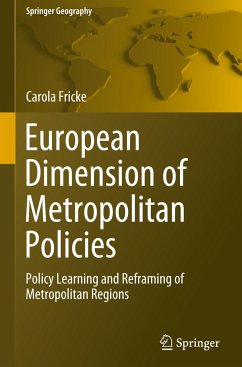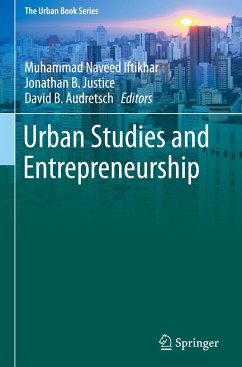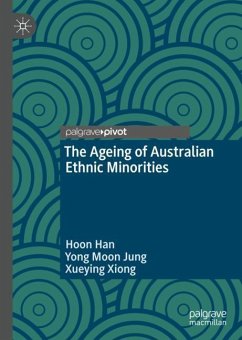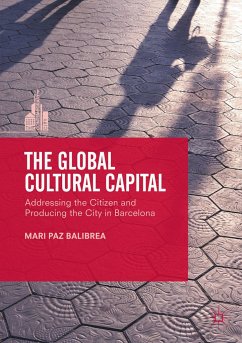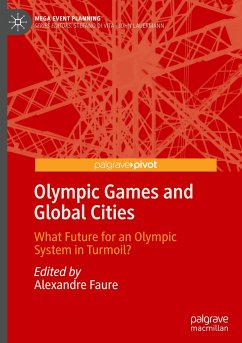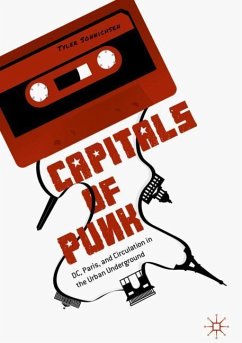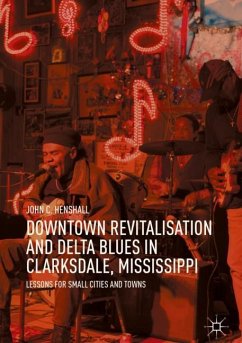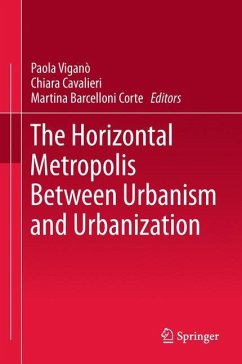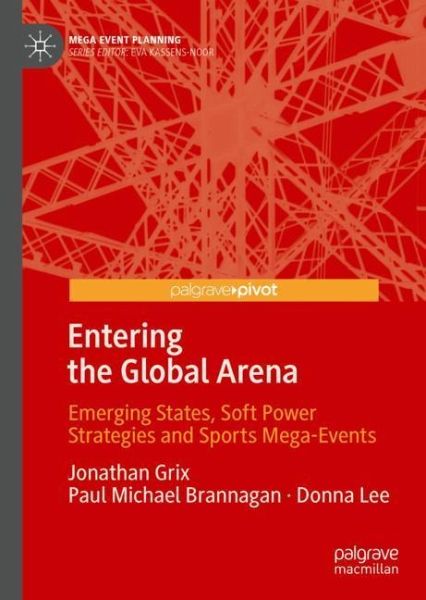
Entering the Global Arena
Emerging States, Soft Power Strategies and Sports Mega-Events

PAYBACK Punkte
19 °P sammeln!
Set against a backdrop of concerns about the potential break-up or radical change to the global world order, this volume sets out to investigate the use of sports mega-events by a number of emerging states.Sports mega-events, it is argued, can be understood as a key component in states' 'soft power' strategies, that is, their attempts to showcase their nations on the international stage, increase their power relative to others via non-coercive means and to increase trade and tourism. Many studies on soft power simply cite the concept's founder (Joseph Nye) and make little attempt at unpicking ...
Set against a backdrop of concerns about the potential break-up or radical change to the global world order, this volume sets out to investigate the use of sports mega-events by a number of emerging states.
Sports mega-events, it is argued, can be understood as a key component in states' 'soft power' strategies, that is, their attempts to showcase their nations on the international stage, increase their power relative to others via non-coercive means and to increase trade and tourism. Many studies on soft power simply cite the concept's founder (Joseph Nye) and make little attempt at unpicking the mechanisms behind its creation. This volume does this by shining a light on emerging economies and by putting forward a soft power 'ideal type' to aid researchers in understanding the strategies employed by states in advancing their interests.
Sports mega-events, it is argued, can be understood as a key component in states' 'soft power' strategies, that is, their attempts to showcase their nations on the international stage, increase their power relative to others via non-coercive means and to increase trade and tourism. Many studies on soft power simply cite the concept's founder (Joseph Nye) and make little attempt at unpicking the mechanisms behind its creation. This volume does this by shining a light on emerging economies and by putting forward a soft power 'ideal type' to aid researchers in understanding the strategies employed by states in advancing their interests.





